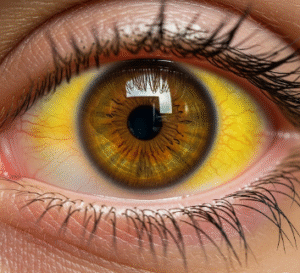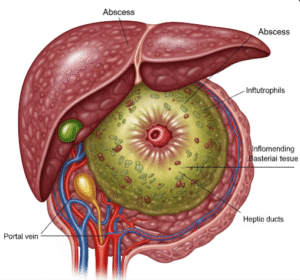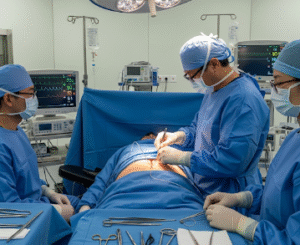Overview
Autoimmune diseases occur when the immune system mistakenly attacks the body’s own tissues, mistaking them as foreign invaders. These conditions can affect nearly any part of the body and may be systemic or organ-specific. In Korea, the prevalence of autoimmune diseases has been increasing, leading to improved diagnostic techniques and treatment options through advanced healthcare institutions.
What is Autoimmune Disease?
An autoimmune disease is a disorder in which the body’s immune system, which normally defends against infections, attacks healthy cells and tissues. There are over 80 types of autoimmune conditions, including rheumatoid arthritis, lupus, type 1 diabetes, and multiple sclerosis. The effects can range from mild to life-threatening, depending on the type and severity.
Symptoms
Symptoms vary widely depending on the specific disease but common signs include:
- Chronic fatigue
- Joint pain and swelling
- Skin rashes
- Low-grade fever
- Digestive issues
- Muscle aches
- Hair loss
- Swollen glands
- Numbness or tingling in hands and feet
Causes
The exact cause of autoimmune diseases is unknown, but a combination of genetic, environmental, and hormonal factors is believed to contribute:
- Genetic predisposition
- Infections triggering immune responses
- Exposure to certain chemicals or toxins
- Diet and gut health imbalances
- Hormonal changes (e.g., during pregnancy or menopause)
Risk Factors
- Family history of autoimmune conditions
- Being female (more common in women)
- Exposure to viruses or bacteria
- Smoking or exposure to environmental pollutants
- Obesity
- Certain medications
- Ethnicity (some diseases are more common in specific groups)
Complications
- Organ damage (kidney, heart, lungs, etc.)
- Increased risk of infections due to immune-suppressing medications
- Infertility or pregnancy complications
- Disability from joint or nerve damage
- Increased risk of other autoimmune or chronic diseases
- Emotional and psychological effects (depression, anxiety)
Prevention
While autoimmune diseases often cannot be prevented entirely, some steps may reduce the risk or severity:
- Avoid smoking and excessive alcohol consumption
- Maintain a balanced, anti-inflammatory diet
- Regular exercise to support immune health
- Manage stress through mindfulness or therapy
- Early diagnosis and treatment of any unusual symptoms
- Avoid known triggers (certain foods, chemicals, etc.) in people with sensitivities
Treatment Options in Korea
South Korea provides high-quality, evidence-based care for autoimmune diseases through its top hospitals and specialty clinics. Hospitals like Seoul National University Hospital, Asan Medical Center, and Samsung Medical Center are recognized for their advanced autoimmune disease centers.
1. Diagnosis
- Blood tests (e.g., ANA, rheumatoid factor, ESR, CRP)
- Autoantibody screening
- Tissue biopsies for confirmation
- Imaging tests (MRI, CT, ultrasound)
- Functional tests for affected organs (kidney, liver, nervous system)
2. Medical Treatments
- Immunosuppressive drugs (e.g., methotrexate, azathioprine)
- Biologic therapies (e.g., TNF inhibitors, IL-6 blockers)
- Corticosteroids for inflammation control
- NSAIDs for pain and swelling
- Plasmapheresis or IVIG for severe cases
- Hormonal therapy if endocrine organs are involved
3. Integrated Therapy in Korea
- Traditional Korean Medicine (Hanbang) is often used alongside modern treatments, including:
- Herbal medicine
- Acupuncture
- Moxibustion therapy
- Dietary consultation and gut microbiota balance programs
- Physical therapy and rehabilitation for joint or mobility issues
- Mental health counseling for long-term disease management
4. Long-Term Support
- Government healthcare programs for rare or chronic disease management
- Patient education and support groups
- Continuous monitoring through primary care and specialist follow-ups
- Workplace accommodations and disability registration if needed













